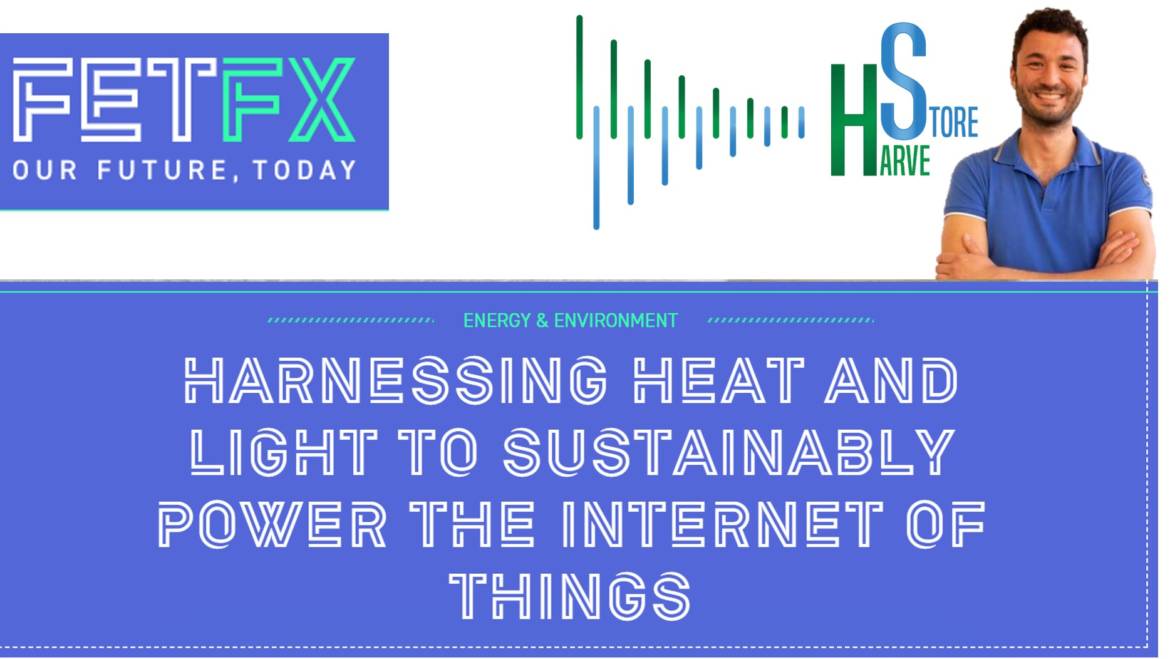Applicable to a wide range of fields including industry, organisations and consumers, 27 billion IoT devices worth some €2 trillion are expected to be installed by 2025. But while this technology has tremendous future potential, it also highlights a need for compact, low-cost, lightweight and ecologically friendly energy sources.
The EU Future and Emerging Technologies (FET) programme-funded initiative HarveStore, is creating wireless energy systems called “μ-harvestorers” for powering IoT nodes. In addition to being small in scale and powerful, these fingertip-size devices are also environmentally friendly.
The interdisciplinary and international 11-member consortium comprises some of Europe’s leading science and technology actors and is led by the Catalonia Institute for Energy Research (IREC). “When it comes to powering new generation IoT devices, there exists an imbalance between what is needed and the technology which is currently available,” says IREC’s Federico Baiutti.
“Today, for unwired solutions, batteries are the most common energy source. But they are bulky, have limited capacity and are not ecologically sustainable. Therefore, a breakthrough in micro-energy harvesting and storage technologies is required for the future IoT – and this is the focus of our project.”
HarveStore aims to use disruptive concepts from the emerging Nanoionics and Iontronics disciplines to develop a radical new family of all-solid-state micro-devices able to concurrently harvest and store energy from heat and light, which are abundant in nature, to provide uninterrupted power to low power devices such as IoT nodes.
The μ-harvestorers will use nano-enabled micro-technology with a footprint below 1cm³. To facilitate this science-to-technology breakthrough, the devices will be integrated in silicon. Their small size, reversibility and long life will effectively address all problems currently associated with batteries as power sources.
While in the long-term the scientific community has achieved success investigating related nano-applications in a laboratory setting, one of the goals of HarveStore is to transfer cutting-edge science into real devices and technologies. Until recently, the team has focused on developing the new materials, tools and simulations required to advance this step. The ensuing phase, now underway, is putting these findings into the next-generation devices.
Because technological readiness of the device for use by mainstream industry still lies in the future, the team remains focused on research with the goal to develop some prototypes by the time the project concludes. Consortium members have already published several papers related to the project, with more anticipated to accompany the exciting progress expected in 2020.
Background information
FET-Open and FET Proactive are now part of the Enhanced European Innovation Council (EIC) Pilot (specifically the Pathfinder), the new home for deep-tech research and innovation in Horizon 2020, the EU funding programme for research and innovation.
